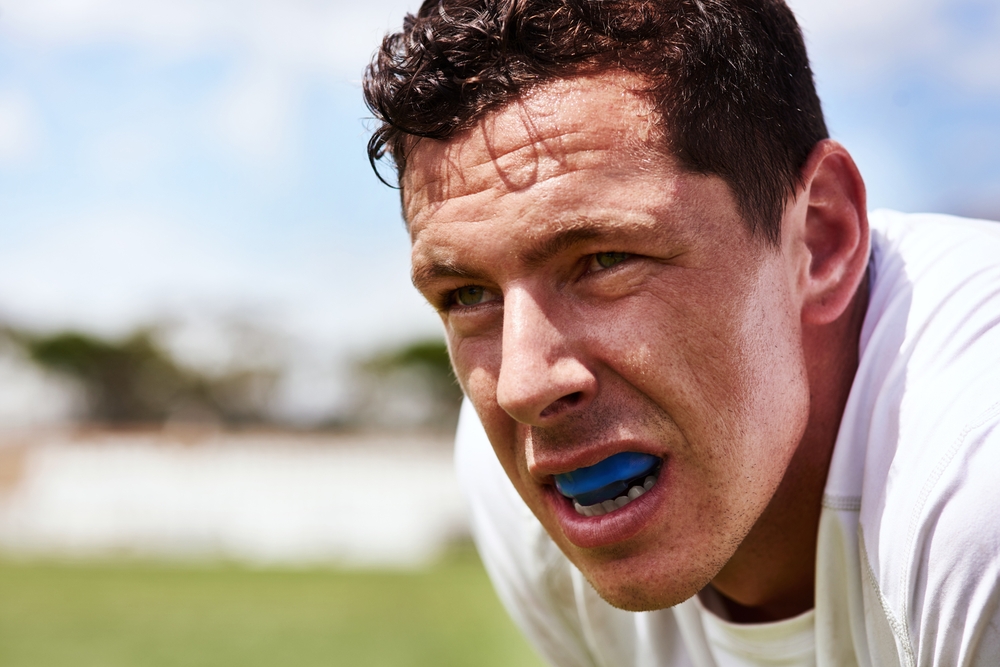Sports are a fantastic way to stay active, healthy, and build a sense of camaraderie among athletes. However, with the thrill of competition comes the risk of injuries, some of which can lead to dental emergencies. The American Dental Association projects that one-third of all dental injuries are sports-related. Protecting your teeth during sports is essential, and being prepared for potential dental injuries is equally important. In this blog, we will explore common dental emergencies resulting from sports injuries and provide guidance on how to handle them.
Types of Dental Injuries in Sports
Sports-related dental emergencies can range from mild to severe, with varying degrees of impact on oral health. Some common dental injuries include:
Tooth Fractures
A direct blow to the face or a fall can lead to chipped or fractured teeth. Getting your fractured tooth repaired quickly can save your tooth and reduce further damage or infection.
Avulsed Teeth
Knocked-out teeth, often caused by a forceful impact, require prompt attention for potential re-implantation.
Soft Tissue Injuries
Injuries to the lips, tongue, or cheeks can occur during sports, leading to bleeding and discomfort. It is important to go to the hospital if stitches are needed.
Jaw Possibly Broken
In this scenario, you should apply an ice pack to control swelling. It is best that you go to the hospital emergency room as soon as possible.
Immediate Actions
Quick and appropriate actions can make a significant difference in the outcome of a dental emergency. Here’s what to do in the event of a sports-related dental injury:
Preserve the Tooth
If a tooth is knocked out, handle it by the crown (top part) and avoid touching the root. Rinse it gently with water if dirty, but do not scrub or use soap. Try to reinsert the tooth into its socket, or keep it in milk or a tooth preservation kit until you can see a dentist.
Control Bleeding
Apply gentle pressure to the injured area with a clean cloth or gauze to control bleeding. If bleeding persists, seek professional help.
Manage Pain and Swelling
Over-the-counter pain relievers and cold compresses can help alleviate pain and reduce swelling. Avoid placing aspirin directly on the gums, as it may cause irritation.
Seek Professional Help
Regardless of the severity of the dental injury, it is crucial to seek professional dental care promptly. Dentists are trained to assess the extent of the damage, provide necessary treatments, and offer guidance on long-term care.
Preventive Measures
Prevention is the best approach to avoid sports-related dental emergencies. Athletes can take several precautionary measures:
Wear Protective Gear
Mouth guards, helmets, and face shields are essential protective gear that can significantly reduce the risk of dental injuries.
Regular Dental Check-ups
Schedule regular dental check-ups to address any pre-existing oral health issues and receive guidance on preventive measures.
Stay Informed
Educate yourself and your teammates on the potential risks of sports-related dental injuries and the proper steps to take in case of an emergency.
The Impact of Mouthguards
A study of high school athletes found that 75% of injuries occurred when mouthguards were not worn. This underscores the importance of incorporating mouthguards into sports gear to mitigate the risk of dental injuries. The study also highlighted that 40% of injuries occurred during basketball and baseball. Understanding the specific risks associated with different sports allows athletes and coaches to tailor preventive measures accordingly.
Contact Us
Sports injuries can happen unexpectedly, and dental emergencies are no exception. Being prepared and taking immediate action can make a significant impact on the outcome. By incorporating preventive measures and staying informed, athletes can enjoy their favorite sports while safeguarding their smiles from potential harm. Contact us today at South Meadows Dental & Orthodontics if you are looking for dental care in the Reno, NV, area. Remember, prompt attention to dental injuries is crucial for maintaining optimal oral health and preventing long-term complications.
